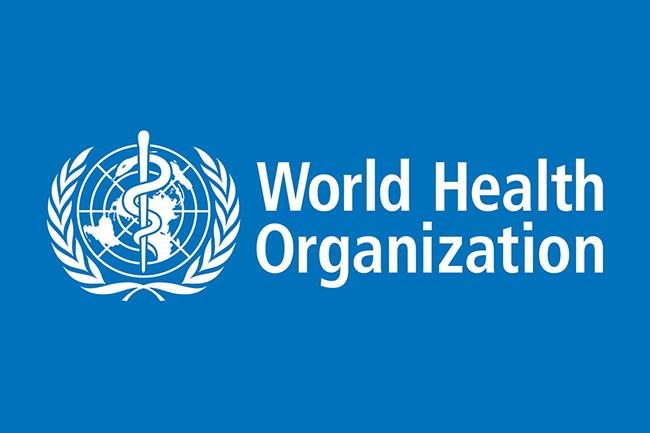The World Health Organization warns many countries are facing the escalating pandemic of COVID-19, and that all should be prepared to tackle this deadly virus before it arrives within their borders. WHO reports the number of coronavirus cases globally now tops 200,000, including more than 8,000 deaths.
More than 80 percent of these cases and deaths are occurring in two regions, namely, Europe and the western Pacific, which includes China. But the World Health Organization warns the coronavirus epidemic is rapidly accelerating in all regions of the world.
WHO chief Tedros Adhanom Ghebreyesus calls the virus an unprecedented threat and says no country, community or person is immune from this deadly disease.
“Do not assume your community will not be affected. Prepare as if it will be. Do not assume you will not be infected. Prepare as if you will be. But there is hope. There are many things that all countries can do,” he said.
Tedros cites several measures countries can take to slow the transmission of the virus and protect their people. These include maintaining a physical distance, canceling sporting events, concerts and other large gatherings. These actions and others, he said, can help to make epidemics manageable.
“But to suppress and control the epidemics, countries must isolate, test, treat, and trace. If they do not, transmission chains can continue at a low level, then resurge once physical distancing measures are lifted.”
Tedros said this formula must be the backbone of every country’s response to the epidemic. He said South Korea, which used this strategy, has succeeded in reducing the number of infections from more than 800 cases at the peak of the outbreak to just 90 cases now.
He said the coronavirus epidemic will not disappear in the foreseeable future but that using a comprehensive approach can slow the virus’s spread. This, he said, will save lives and buy time for the development of vaccines and treatments.
Meanwhile, the first vaccine trial for the deadly coronavirus has begun, the WHO Chief informed
Tedros said the trial began “just 60 days after the genetic sequence of the virus was shared by China”.
He did not say where the trial is being held.
While the trial is a milestone, health officials say it will take at least 12 to 18 months for a vaccine to be available for public use.
















